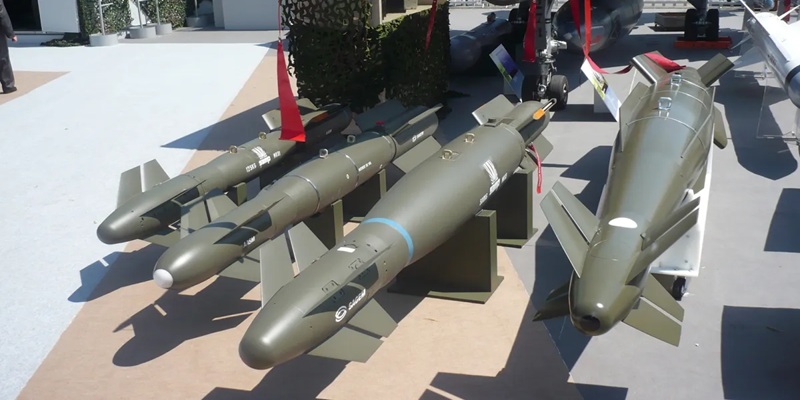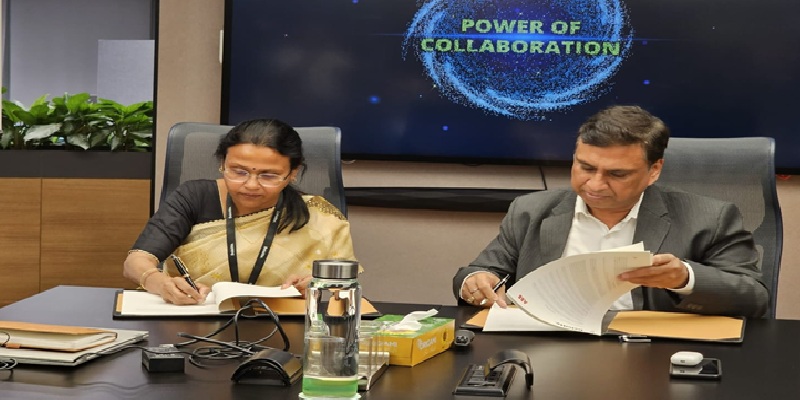Schedule a Call Back
Tier-2 cities set to contribute 35% of India’s advanced engineers by 2028
 Articles
Articles- Sep 18,25

Related Stories

India to Manufacture HAMMER Weapon System Under French Partnership
BEL and Safran form joint venture to locally produce HAMMER precision-guided weapons.
Read more
Airfloa Rail and BBBS Form JV for Next-Gen Defence Manufacturing
Joint venture to build advanced defence technologies and strengthen India’s security ecosystem.
Read more
ABB India and Deloitte Form Alliance to Advance Digital Transformation
By embracing Artificial Intelligence (AI)-enabled digital and automation solutions, connected operations and data-led insights, Indian enterprises are well positioned to redefine efficiency, product..
Read moreRelated Products

Fanless Industrial Pc for Smart Manufacturing
CONTEC Launches BX-M4600 Series - Fanless Industrial PC for Smart Manufacturing.













